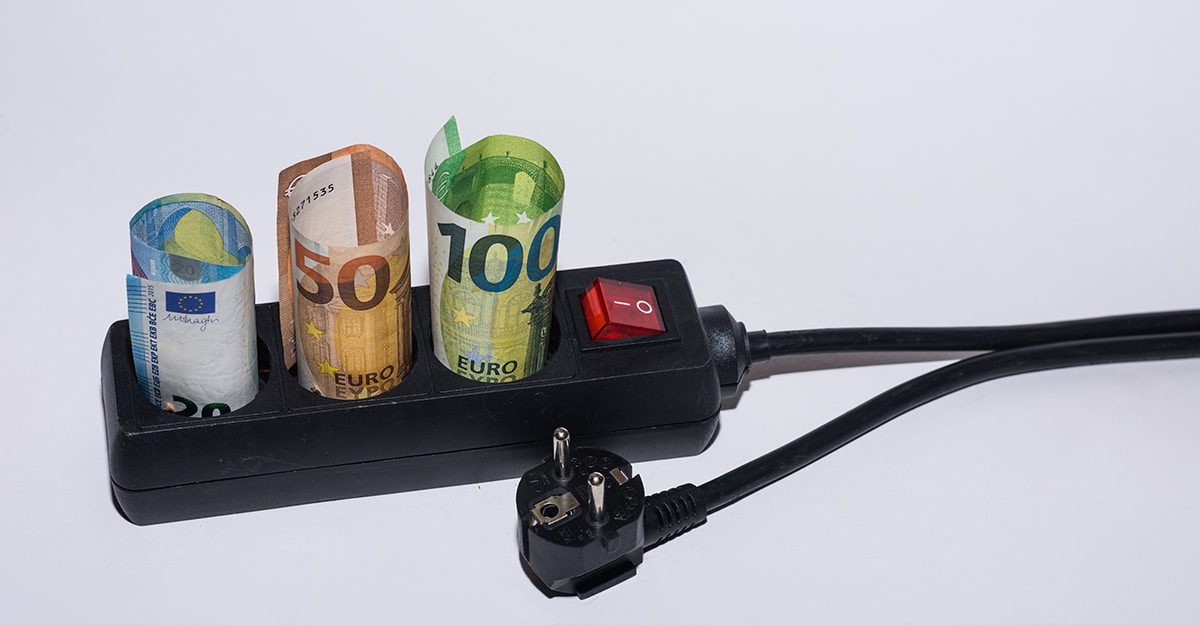Russia's war in Ukraine claims another casualty: the profits of European energy companies.

European energy providers are collateral damage in Russia’s war on Ukraine. EDF, a major electricity supplier in France, lost 17.9 billion euros (nearly $19 billion) last year. And on the other side of the Rhine, Germany’s gas utility announced a €19.1 billion deficit.
Both companies have Russian President Vladimir Putin to blame for these historic losses.
EDF, which relies more than 70% on nuclear power, should have benefited from exports of surplus electricity owing to cuts in Russian gas to Western Europe. Unfortunately, at that time, half of the nuclear reactors were out of commission due to pipe corrosion.
EDF had to prolong maintenance in the worst season, during winter, when demand was high. The French company could have switch to hydroelectric dams, but the drought prevented energy production at full capacity. In fact, hydroelectricity power generation was down 22% last year.
The total production of electricity reached its lowest level in 30 years—so much so that EDF was forced to import €15.9 billion in electricity from its neighbors Germany, Spain and the UK. It was the first time since 1980 that the energy provider had to rely on imports to survive the winter. Naturally, prices on the European wholesale market skyrocketed. EDF finished 2022 with a debt load of €64.5 billion.
Uniper, one of the largest importers of Russian gas on the continent, faced a similar dilemma. Natural gas prices in Europe are now seeing a dramatic decline. But a few months ago, when Russia had turned off the taps of Gazprom, Uniper was obliged to buy gas on other markets to meet its obligations. In July, prices on the Dutch TTF Gas Futures market were eight times higher than the previous year. At its lowest point last year, Uniper recorded losses of €100 million a day.
Uniper, like EDF, has proven itself unable to absorb such losses; their respective states have nationalized both companies. EDF, under the purview of the French government, will now have to build six new reactors and maintain its current fleet—costing another €90 billion.



